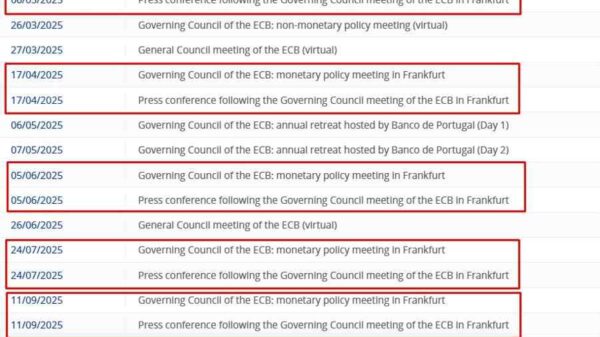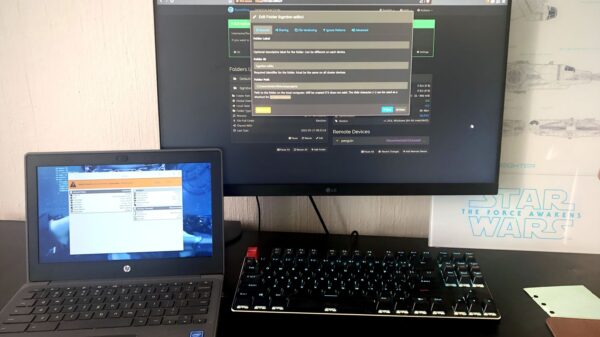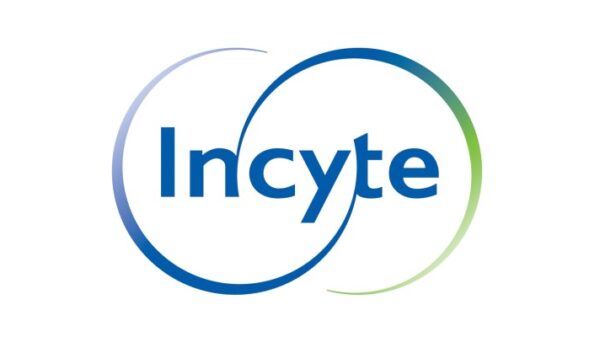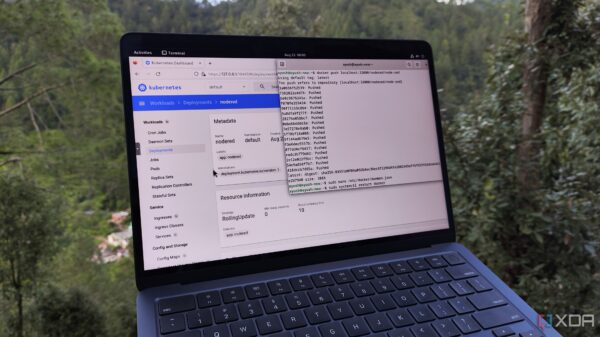California is on the verge of a significant shift in its educational policy regarding reading instruction. Assembly Bill 1454, spearheaded by Assembly Speaker Robert Rivas of Hollister, aims to make phonics-based reading instruction a requirement for public schools. This change follows decades of debate over the most effective methods for teaching children to read, often referred to as the “reading wars.” Currently, many schools still rely on the “whole word” approach, which has proven ineffective for numerous students.
The phonics method teaches children to decode words by sounding out letters and syllables, an approach supported by extensive research as the most effective means of teaching reading skills. AB 1454 has received strong backing from the California Teachers Association, reflecting a growing consensus on the need for evidence-based reading instruction in the state. The bill stipulates that the California Board of Education must adopt practices that include “explicit and systematic instruction” in key areas such as phonological awareness, phonics, and word recognition.
Legislative Support and Future Steps
In a promising sign for the bill’s prospects, it passed unanimously in the full Assembly and in the Senate Appropriations Committee. Its next step is a vote in the full Senate, after which it awaits the signature of Governor Gavin Newsom. If enacted, this legislation could mark a turning point in California’s educational landscape, potentially ending the longstanding disputes over reading instruction methods.
Advocates like Lance Izumi, senior director of the Center for Education at the Pacific Research Institute, express optimism regarding the bill. He stated, “The bill gives hope that curriculum materials and teacher training finally will emphasize the phonics-based ‘science of reading,’ which overwhelming research shows is the most effective way to teach children to read.” Nevertheless, Izumi cautioned that effective implementation is crucial, as many districts may still cling to outdated whole-word methods.
The challenges posed by the whole-word approach have prompted some parents to take matters into their own hands. Programs such as Hooked on Phonics have gained popularity among families seeking alternatives. Despite these efforts, California’s reading scores remain concerning. According to the 2024 California Smarter Balanced test, only 47% of students met or exceeded state reading standards, a decline from 49.1% in 2019.
The Importance of Reading Skills
The potential shift towards phonics-based instruction signifies more than just a change in teaching methodology. It reflects a broader recognition of the critical role that reading plays in cognitive development and critical thinking skills. As Izumi emphasized, “At the very least, people in California should know how to read. The ability to read helps broaden the ability to think.”
As the legislative process unfolds, it is essential for parents and community members to remain engaged. Advocates are encouraged to support pro-phonics candidates for local school boards and ensure that effective reading science is prioritized in classrooms. With the future of reading instruction hanging in the balance, the outcome of AB 1454 could have lasting implications for generations of students in California.
































































